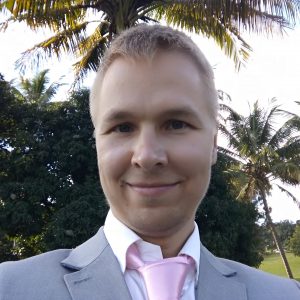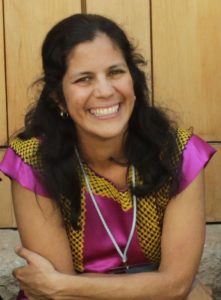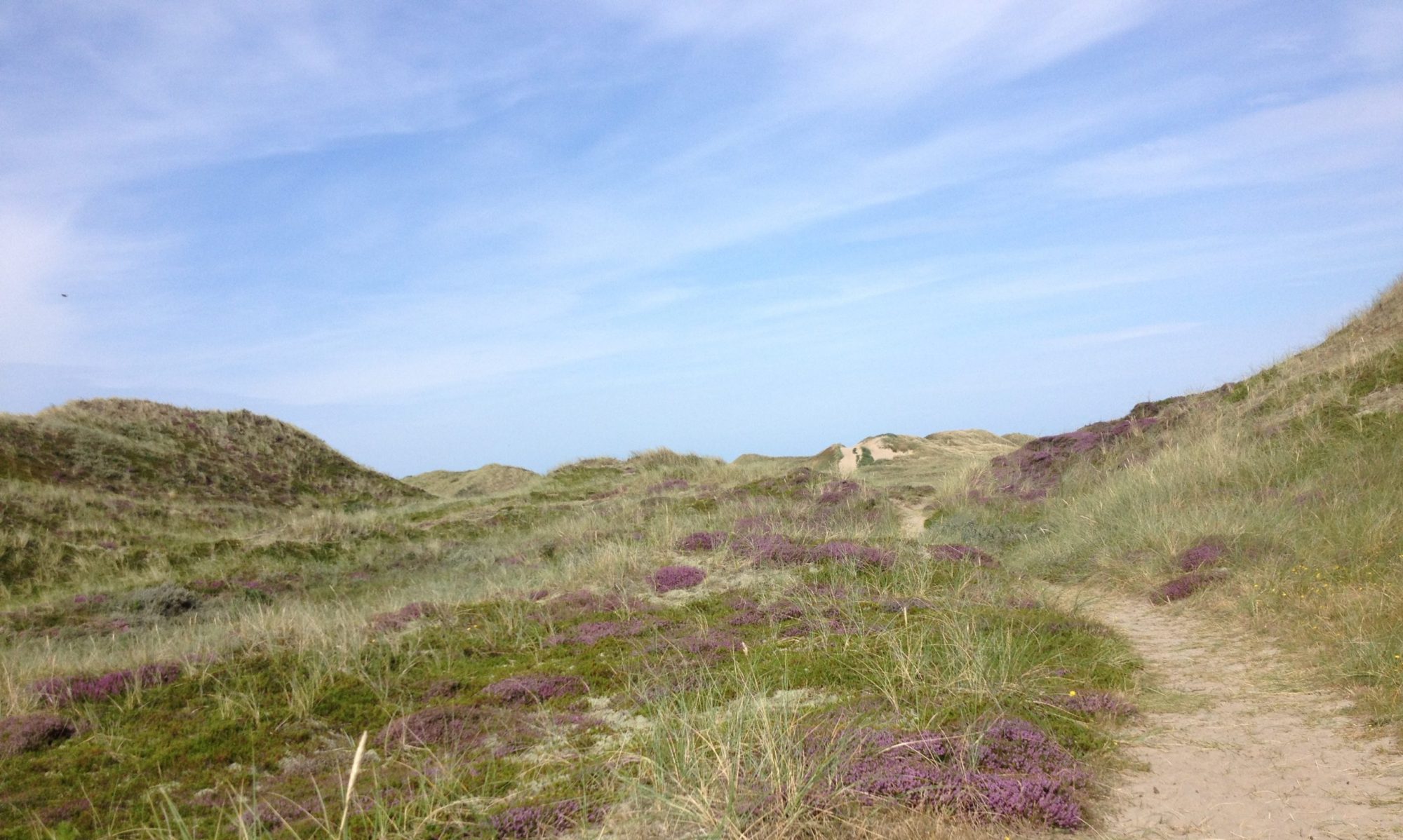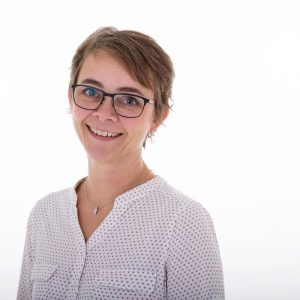Sustainable linguistics: theories and methods
24-25 August 2023
NOS-HS Workshop, University of Helsinki, Finland
Organizers: Haley De Korne and Eeva Sippola
Keynote talks |
|

|
Going beyond ethics: Sustainability in linguistic fieldwork Sami Honkasalo |
 (Photo: Gibrán Morales Carranza) |
Gabriela Pérez Báez |
|
|
Hilde Sollid
Professor of Scandinavian Linguistics |
Call for papers
The complex interactions between environmental, economic, social, and cultural factors all contribute to sustainability (or lack thereof). Language, too, is a crucial component in achieving a sustainable life and world, but so far, language and linguistics have largely been missing from the agenda of sustainability studies. This workshop forms part of a series on linguistics and sustainability, and our aim is to add a linguistic perspective to discussions of sustainability, and more generally, strengthen the inclusion of linguistics and language studies in sustainability studies.
In line with recent research on sustainability from the perspective of humanities and social sciences, we do not assume that there is only one way to conceptualize sustainability. Our aim is therefore to explore the ways sustainability connects to linguistics, how it can be defined, conceptualized, and put to use in language studies.
This workshop will focus on how the consideration of sustainability can influence theories and methods in linguistic research. Specific topics include different theoretical perspectives, ecolinguistics, linguistic fieldwork, language documentation, language maintenance and revitalization, center-periphery relations, and issues of collaborative knowledge creation. The workshop asks:
-
- Who researches what, how, and for whom in linguistics?
- How can linguistic research be sustainable for linguistics and for the speakers?
- How can linguistics contribute to cultural, social, and environmental sustainability goals?
Abstracts of 1,500 to 2,500 characters (including spaces and possible references) for a paper (20+10 min), panel or roundtable discussion with several participants (60 min) are to be sent via https://nettskjema.no/a/310832 by 15 of March 2023. The organizers will send notices of acceptance by the end of March 2023. Please note, the roundtable discussion is a flexible format, and may also be used creatively, for example for an interactive session.
Workshop participation will be free. Several travel scholarships are available for participants. If you want to be considered for a scholarship, please respond to the questions in the abstract submission form. We encourage submissions from young researchers.
Key dates:
-
- Deadline for abstract submission: 15 March 2023
- Notification of acceptance: 31 March 2023
- Conference: 24–25 August 2023

 (Photo: UiT)
(Photo: UiT)